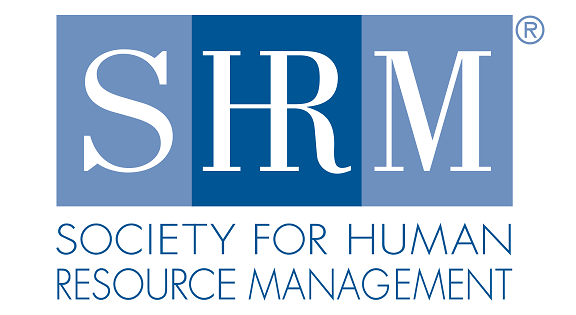Economies of scale - SHRM-SCP Prep
Question
Which of the following best defines the term "economies of scale"?
Answers
-
correct
-
-
-
Explanation
The Correct Answer is: A. Cost advantage experienced by a firm when it increases its level of output
Economies of scale occur when a firm's cost per unit decreases as its production volume increases. This happens because fixed costs, such as rent and equipment, are spread over more units of output, and operational efficiencies improve with size. It provides a competitive advantage by allowing firms to lower prices or increase profit margins as they grow.
Why the other options are incorrect:
-
B. Factors that allow the productive entity to generate more sales or superior margins compared to its market rivals
This describes competitive advantage, not economies of scale. While economies of scale can contribute to a competitive advantage, the definition in this option is broader and focuses on overall strategic positioning rather than the cost efficiencies gained from scaling production. -
C. The simultaneous pursuit of differentiation and low cost to open up a new market space and create new demand
This describes the concept of a blue ocean strategy, not economies of scale. Blue ocean strategy focuses on innovation and creating untapped market space, whereas economies of scale are about cost reduction through increased production volume. -
D. Represents the percentage of an industry that is earned by a particular company over a specified time period
This defines market share, which indicates how much of a market’s total sales a company holds. It does not relate to the internal cost efficiencies that characterize economies of scale as a company grows its production capacity.
No Payment Cards Needed





